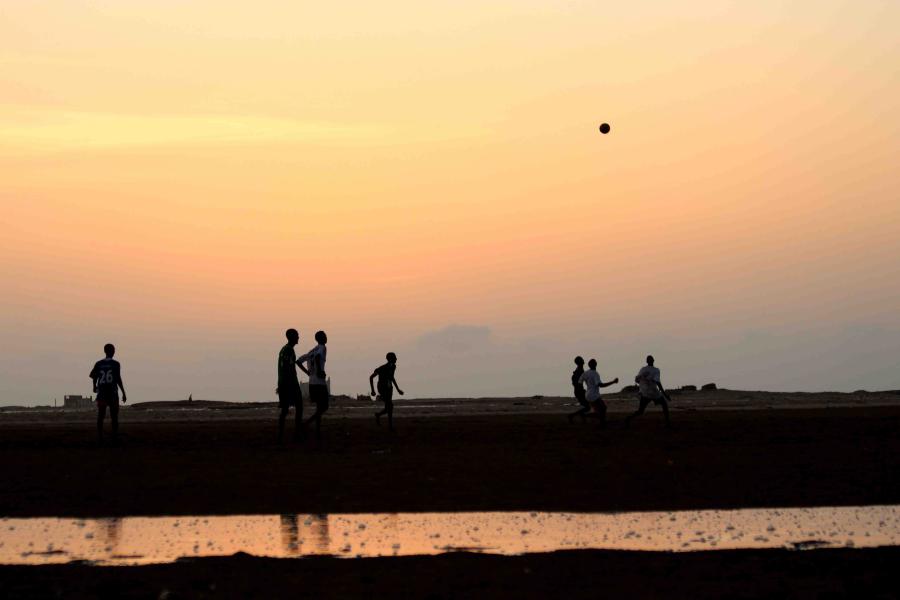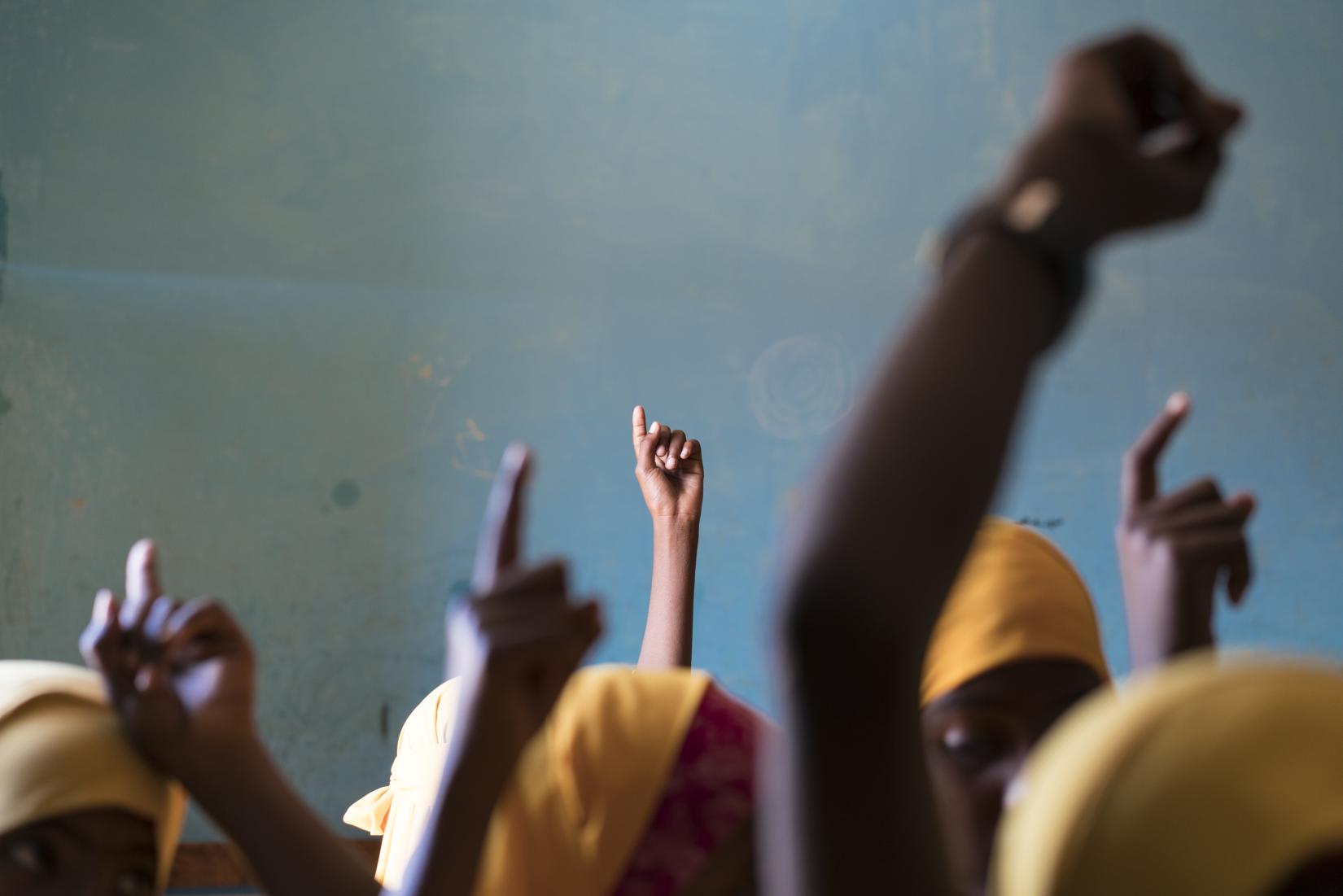The UN has been engaged in Somalia since its independence in 1960, undertaking activities that help alleviate poverty and suffering, encourage development, support peacebuilding and security and mitigate the effects of the conflict on the Somali people.
The UN's various mandates are currently implemented through 26 Agencies, Funds and Programmes (both resident and non-resident), one political mission (UNTMIS) and one logistical support mission (UNSOS).
On 1 January 2014, the UN became a structurally integrated presence with UN entities working in close cooperation and thorough joint programmatic interventions across the UN Country Team (UNCT) and UNSOM, especially in the areas of governance, including constitutional review and elections, rule of law, including police, justice and corrections, as well as security, gender equality, human rights, advocacy for Internally Displaced Persons (IDPs) protection in key areas in south and central Somalia, and disengaged combatants.
While Somalia has made significant forward strides in recent years, the UN recognizes that further progress in Somalia’s peacebuilding and state-building enterprise is based on our collective ability to work across the humanitarian, development and peacebuilding agendas in a coordinated and holistic manner. Without comprehensively addressing the multiplicity of issues facing the country, our collective gains will remain fragile and reversible. Furthermore, the humanitarian situation remains precarious for much of the population. Somalia experiences major rapid and slow onset climate-induced shocks on a two to five-year cycle, with flooding, cyclones and particularly drought as the main causal factors. Over two decades of armed conflict and the presence of violent extremist groups, combined with nascent state institutions, have also profoundly affected the country’s resilience to recover from both climatic and human induced shocks.

The UN in Somalia recognizes that increasing the resilience of Somalis requires a coordinated approach among stakeholders across all sectors. This approach seeks to undertake longer-term development interventions that address the underlying causes of recurrent human and nature induced humanitarian crises. It is only through collective and coordinated efforts across the UN, and with the Somali government and people, can progress towards achievement of the Sustainable Development Goals (SDGs) be realized.
The UN's contribution to the realization of these objectives are undertaken through the UN Sustainable Development Cooperation Framework (UNCF) for Somalia 2021-2025. This represents the contribution of the United Nations to Somalia’s ninth National Development Plan (NDP-9) and our commitment to securing peace, stability, and prosperity for all Somalis in support of the 2030 Agenda and the Sustainable Development Goals.



















